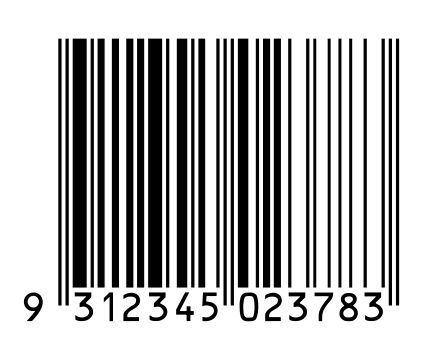Barcodes: carrier of secret messages or just a product identifier?

In the context of recent public debate regarding food safety and country of origin labelling, GS1 Australia has addressed a persistent urban myth that the first three digits of a barcode act as a de facto country of origin label.
Maria Palazzolo, chief executive officer at GS1 Australia, explains, “Thirty-six years ago, Australian retailers adopted the GS1 system of numbering and barcoding as their preferred standard of trade.
“This means that all products that are sold to and by a retailer need to be uniquely identified with a GS1 barcode that has a unique product identification number called a GTIN (Global Trade Item Number). The GTIN is printed below the black and white stripes of a typical barcode.”
GS1 Australia, a not-for-profit organisation, administers and issues authorised GS1 Barcode numbers (GTINs) for Australian businesses beginning with 93. A barcode that starts with 93 indicates that the barcode number was sourced from GS1 Australia; however, this is completely unrelated to the country of origin of the product.
GS1 members can manufacture products anywhere in the world and source raw materials on a local or international basis.
However, since 2008, a story originating from the US has been shared around the world about product scares involving melamine-tainted pet foods, lead-tainted toys and melamine-tainted milk products - all originating in China.
“This started a chain reaction amongst consumers about the country of origin of any product, which is still on trend today. It re-emerges every few months through social media,” Palazzolo added.
“Consumers were led to believe that the first two to three digits of a product’s barcode would tell them where the product was made. This presumption was, and still is, fiction and completely incorrect.”
Irish drinks manufacturer takes its supply chain to the next level
A stainless steel vertical conveyor system has been incorporated into the final packaging process...
Voice technology used to transform cold storage operations
Dematic has implemented its Voice solution with gamified workflow features at two Australian...
Rock lobster exporter improves supply chain efficiency
Transport technology provider Microlise partners with rock lobster exporter in Western Australia...











